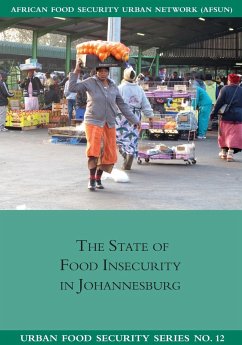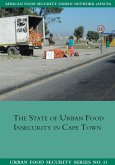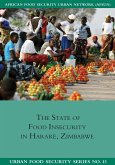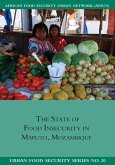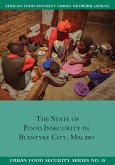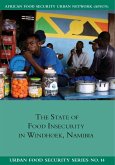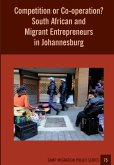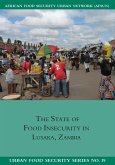Johannesburg is the economic hub of South Africa and the Southern African region. At the same time, it is a city of extremes which juxtaposes ostentatious wealth and conspicuous consumption with grinding poverty and food insecurity. Not enough is known about the prevalence and nature of food insecurity in the city, making it difficult to challenge and plan to reduce the urban food gap. This paper uses AFSUN data from three lower-income areas of the city (Alexandra, Orange Farm and the Inner City) to examine the characteristics and drivers of food insecurity in Johannesburg. Despite high overall levels of food insecurity, the three study areas exhibited important differences. While the proportion of food secure households was similar in each area, the proportion of severely food insecure households was highest in the informal settlement of Orange Farm and lowest in Alexandra. Household food insecurity is directly linked to household income as the vast majority of food consumed is purchased not grown. In general, the poorer the household, the greater the proportion of household income that is spent on food. Households rely significantly on supermarkets and the informal food economy as food sources. Less than ten percent are involved in any form of urban agriculture or receive food transfers directly from rural areas. This paper also shows that food insecurity correlates with poor health outcomes and concludes with a discussion of the policy implications of the AFSUN study.
Hinweis: Dieser Artikel kann nur an eine deutsche Lieferadresse ausgeliefert werden.
Hinweis: Dieser Artikel kann nur an eine deutsche Lieferadresse ausgeliefert werden.

